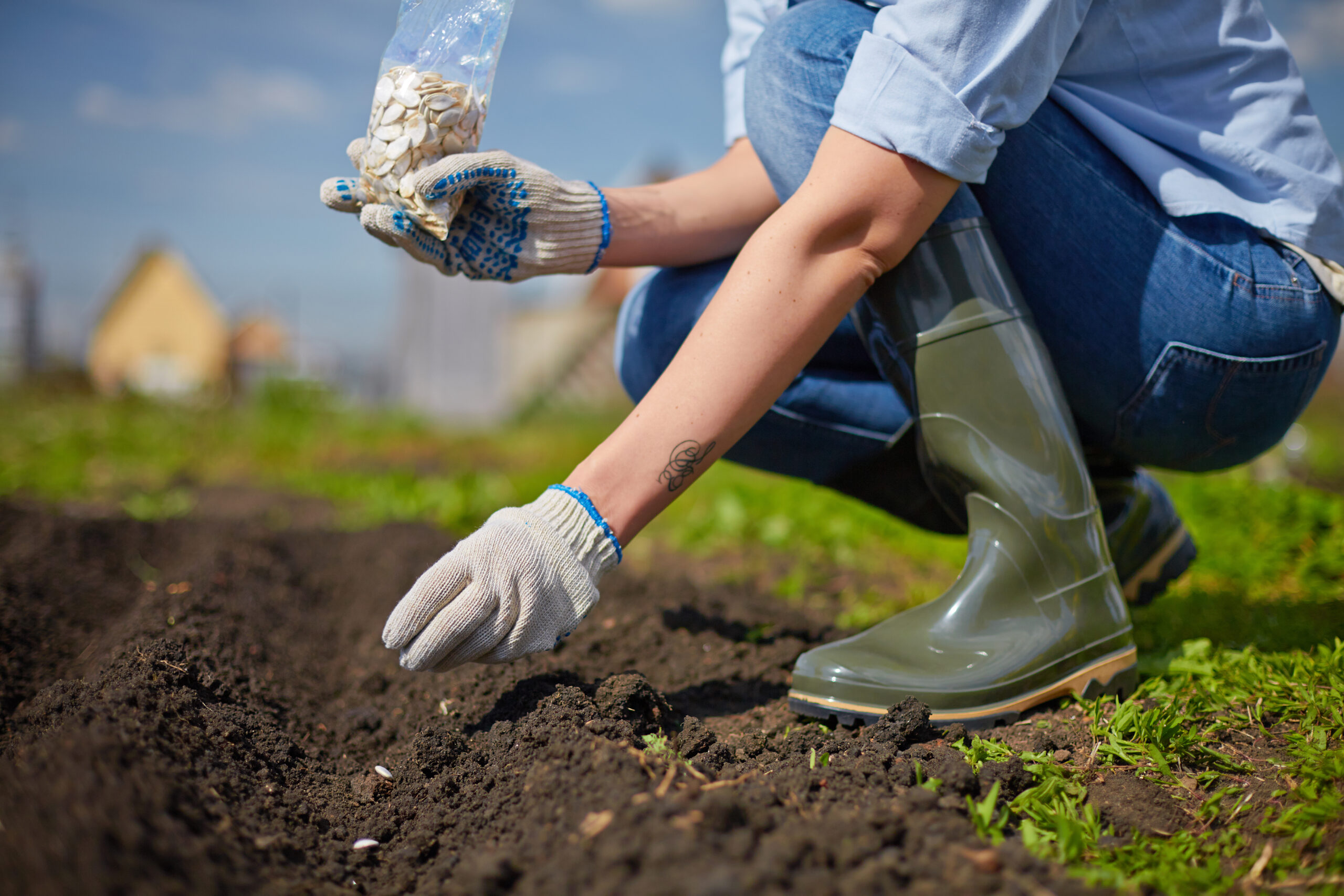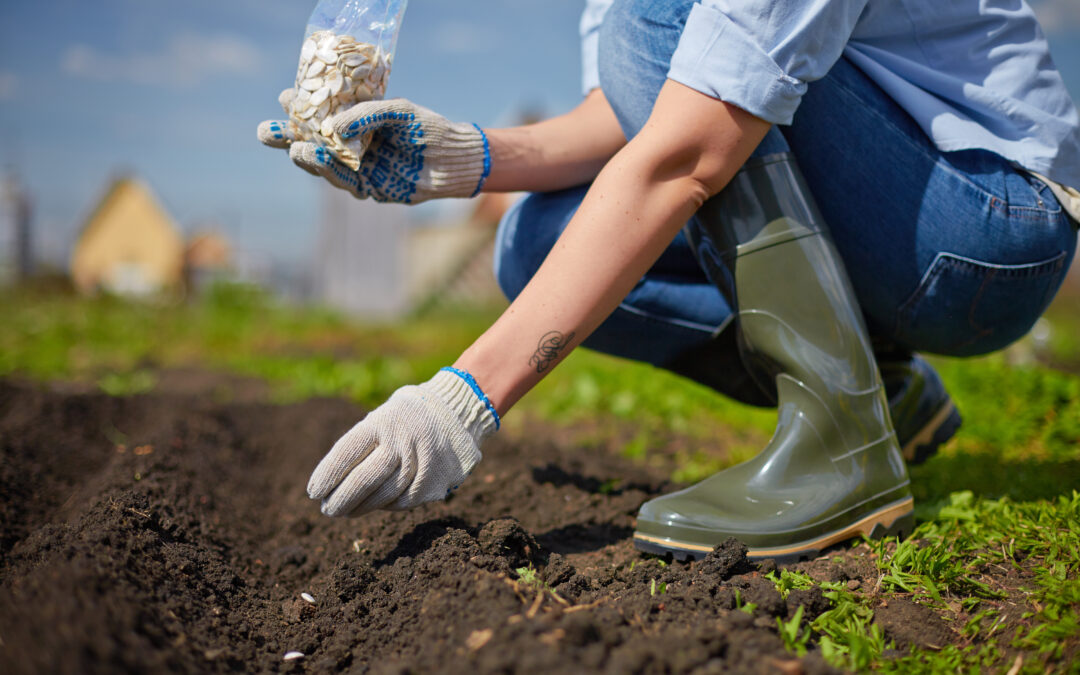Organic gardening is a great way to grow your own fresh produce and enjoy the benefits of eating healthy, nutritious food. It’s also a fun activity that can be enjoyed by people of all ages and skill levels. In this blog post, we will cover everything you need to know about growing an abundant organic garden, from choosing the right seeds and plants to harvesting and preserving your bounty.
Introduction to Organic Gardening
Organic gardening is a method of growing plants without using synthetic fertilizers or pesticides. Instead, it relies on natural methods such as composting, crop rotation, and companion planting to keep plants healthy and free from pests. By using organic gardening techniques, you can create a beautiful, thriving garden while also reducing your environmental impact.
Choosing the Right Seeds and Plants
The first step in growing an organic garden is selecting the right seeds and plants. Choose varieties that are well-suited to your climate and soil conditions. You may want to consult with a local nursery or garden center for advice on which types of plants will do well in your area. Additionally, consider choosing heirloom varieties, which are open-pollinated and have been passed down through generations. These varieties often have better flavor and are more resistant to disease than hybrid varieties.
Preparing the Soil for Planting
Once you’ve selected your seeds and plants, it’s time to prepare the soil for planting. Start by removing any debris or weeds from the area where you plan to plant. Then, add plenty of organic matter to the soil, such as compost or manure. This will help improve the texture and structure of the soil, making it easier for roots to grow. If necessary, adjust the pH level of the soil to ensure that it’s within the recommended range for your plants.
Watering and Fertilizing Your Garden
During the growing season, your plants will require regular watering and fertilization to stay healthy. When watering, avoid overwatering, which can lead to root rot. Instead, aim to provide your plants with a deep watering once per week. As for fertilizer, choose an organic option such as compost tea or fish emulsion. Apply according to package instructions, being careful not to overapply.

Pest Control in an Organic Garden
Even in an organic garden, you may encounter pests that could harm your plants. Rather than reaching for chemical pesticides, try using natural remedies such as neem oil or garlic spray. Another effective method is to attract beneficial insects to your garden, such as ladybugs and lacewings, which feed on common garden pests like aphids and mites.
Harvesting and Preserving Your Bounty
Finally, when your crops are ready to harvest, make sure to pick them at their peak ripeness. Depending on the type of vegetable or fruit, you may wish to store them in the fridge or preserve them for later use. Common methods of preservation include canning, freezing, and drying. With these tips in mind, you should be able to grow an abundant organic garden that provides you with fresh, delicious produce throughout the year.



